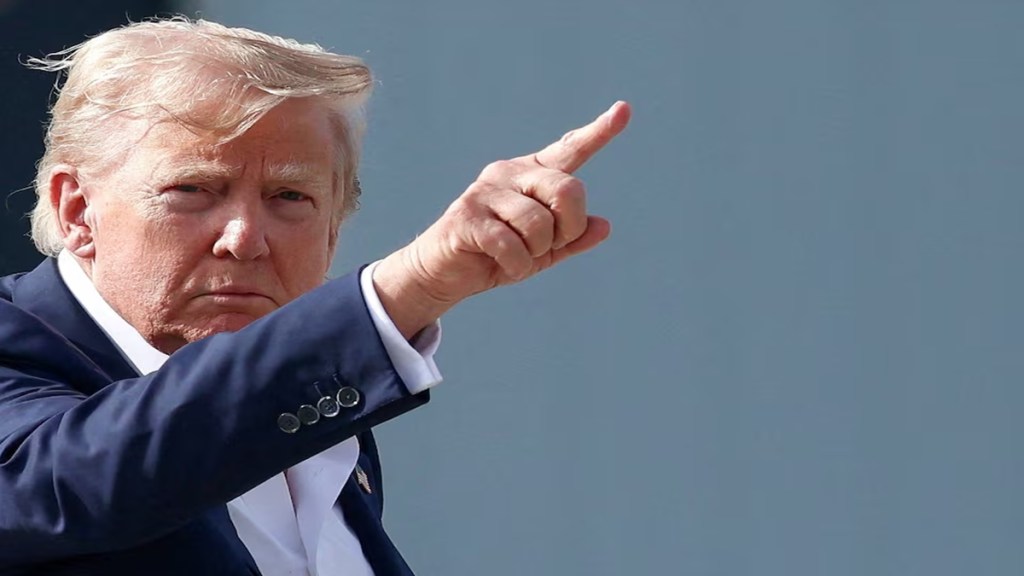International students and foreign companies are facing the heat from Trump’s new immigration policies. The regulations around issuing study visas to foreign students are being made tougher. Also, steps are being taken to tax the earnings of foreign students working in America after their studies. Lawmakers have also proposed to tax the earnings of US companies that outsource work to foreign nations.
The Trump administration is in the process of implementing measures to protect jobs for Americans and prevent foreigners from taking those positions.
Taxing OPT Earnings
US lawmakers have proposed taxing international students’ earnings from the Optional Practical Training (OPT) program. Foreign students in the US working for American firms under the OPT program are currently exempt from Social Security and Medicare taxes.
The Dignity Act has been introduced, which proposes to tax the earnings of the OPT students by making them pay FICA (Social Security and Medicare) taxes. If the proposed Dignity Act is enacted, OPT students who are working in the US will be obligated to pay FICA taxes.
The current tax rate for Social Security is 6.2% for the employer and 6.2% for the employee, or 12.4% total. The current rate for Medicare is 1.45% for the employer and 1.45% for the employee, or 2.9% total.
Currently, foreign students working as part of the OPT program in the United States are exempt from paying FICA taxes. If the Act is passed, foreign students will have to pay these taxes.
Only the Social Security tax has a wage base limit. The wage base limit is the maximum wage that’s subject to the tax for that year. For earnings in 2025, this base limit is $176,100. There’s no wage base limit for Medicare tax. All covered wages are subject to Medicare tax.
HIRE Act
US companies employing foreign labour or outsourcing jobs to foreigners will have to pay tax to the US government.
The Halting International Relocation of Employment Act, or HIRE Act, presented by Senator Bernie Moreno, aims to prevent outsourcing by discouraging American businesses from seeking lower salaries and employing overseas labor.
The HIRE Act suggests implementing a 25% tax on outsourcing payments made by U.S. companies or taxpayers to foreign individuals whose work benefits U.S. consumers.
The newly proposed tax shall apply to payments made after December 31, 2025. The HIRE Act imposes a tax on any United States person making an outsourcing payment, a tax equal to 25 percent of the amount of such payment.
The legislation will impose a tax on any company that employs foreign labor instead of Americans and will use the generated revenue to fund workforce development programs that help the middle class.
